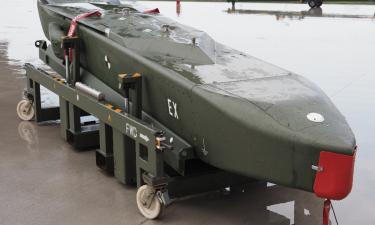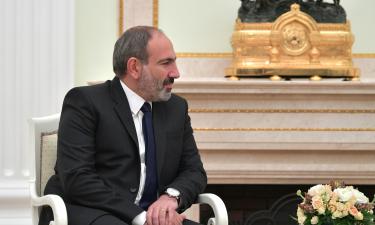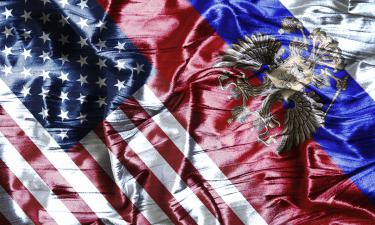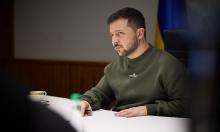Russians left without Dutch flowers
A month after Russia introduced a ban on meat imports from the EU, a similar decision was taken with regard to flower imports from international auctions in the Netherlands. This time Brussels reacted more calmly. Arancha Gonsalez, the European Commission's spokeswoman, said even before Moscow's official explanations that it was not "a commercial problem", but a demand made by Russia's phytosanitary authorities.
The Netherlands is trying to find out how the Western flower thrips (Frankliniella occidentalis) appeared in a large lot of pot plants delivered by the firm Daardse B.V. to Krasnodar. It is a dangerous microscopic insect that can affect 200 varieties of greenhouse and flower plants.
Russia has had a sad experience of fighting the thrips. About 15 to 20 years ago it only just managed to save its greenhouses from the distant relative of the Colorado beetle. The insect can survive in the soil in even sub-zero temperatures and is immune to most pesticides.
The suspension of imports from Dutch flower auctions, which account for up to 80% of cut and pot flowers, threatens to temporarily paralyse the Russian flower market, one of the largest, if not the largest, in Europe. Experts estimate it at $1 billion annually at least.
The ban coincided with changes in the procedure of issuing permits for flower imports into Russia. The right to issue such permits has been transferred from regional services of the Russian Veterinary and Phytosanitary Control Agency to the centre.
The new procedure is fully in line with the International Plant Protection Convention, adopted at the 29th session of the UN Food and Agriculture Organisation in November 1997. The convention allows bans on imports of plants that do not conform to phytosanitary standards. Moscow believes that the new order will increase control over the safety of imported plants.
The Agency's head, Sergei Dankvert, cannot name the exact date when the ban will be lifted. The sooner Russia receives information on how the Netherlands is fighting thrips, the sooner trade will resume, he says. Russian wholesalers believe that the ban will last for a month and are getting ready to count their losses, which in the long run will be transferred onto customers.
According to the Agency, it registered 40 cases of imported plants with flower thrips from the Netherlands last year and sent warnings to the relevant Dutch agencies.
It appears they failed to reach the appropriate conclusions.
Subscribe to Pravda.Ru Telegram channel, Facebook, RSS!





